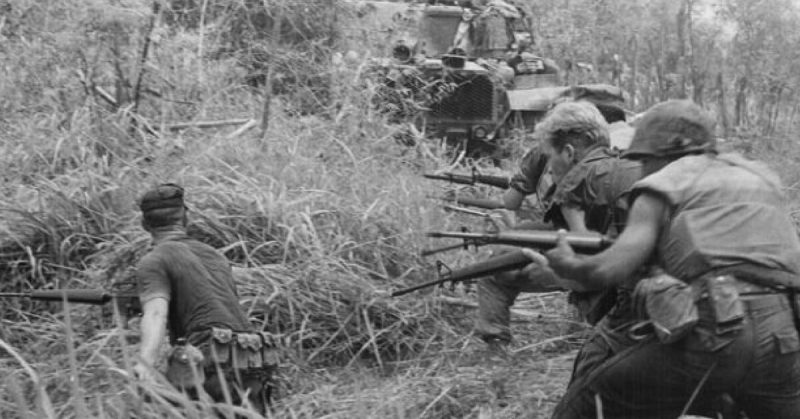The Medal of Honor is America’s highest military award given to US citizens for acts of valor. Even if those recipients were high on Marijuana when they performed their heroic acts of valor. These days, mainstream attitudes to Marijuana in America have changed a lot. Back in the time of the Vietnam war, most people were not so open to the idea.
Peter Charles Lemon was born in Toronto, Ontario, Canada on June 5, 1950. He moved to America when he was 12, became naturalized, and joined the US Army. Fast forward to 1970 in South Vietnam’s Tây Ninh Province near the Cambodian border. Lemon was only two months shy of his 20th birthday, and he was not happy.
He had gone to Vietnam with patriotic fervor, believing he was fighting for truth, justice, and you-know-the-rest. Within three days of his arrival, however, he had a significant change of heart. In a 1971 interview, he claimed America was wrong to get involved in Vietnam. He had finally understood what it was the locals were fighting for, but by then it was too late.
On March 31, Lemon and his platoon had just completed a reconnaissance patrol when they returned to Fire Support Base Illingworth.
It was known the North Vietnamese Army (NVA) frequently crossed the border into Cambodia, so Illingworth was necessary. Located northwest of Saigon, it was in an area called War Zone C – close to the Ho Chi Minh Trail and dotted with NVA supply routes and bases.
The fire support base was flimsy and undermanned because it was meant to be quickly built, dismantled, and rebuilt near NVA supply routes and suspected caches. The idea was to provide targets irresistible to the enemy, focusing them in one location for extermination by air.
In charge was Lieutenant Colonel Michael John Conrad – and he was not happy, either. Just before midnight, their “Pipsy-5” ground surveillance radar picked up movement beyond the base’s tree line, so Conrad knew the enemy were out there.
He had been in several skirmishes with the NVA throughout March and had a good idea of just how many and well-entrenched they were. Conrad had requested Illingworth be relocated to more defensible ground, but the answer was “no.” He was instead given reinforcements.
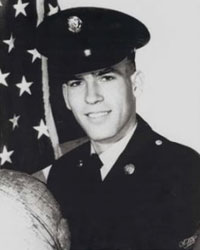
They would not be enough. Three companies were out on patrol that night, going too far out to get back to base in time. That left mainly Charlie Company with about 220 men.
For reasons still unknown, Division Artillery had sent Conrad some 40 useless tons of 8-inch artillery shells earlier that day. Stacked in the middle of the base, they sat there unprotected just waiting to go off.
Although he could call on reinforcements, most were ensconced in their own firebases. The NVA understood American tactics, so they waited for the cover of night to make an aerial attack difficult. The Americans would not risk shooting their own men.
Midnight came and went – good morning April 1! Conrad ordered his men to fire into the surrounding jungle to let the NVA know they were expected. Silence. The NVA held their fire.
Lemon stepped out of his bunker and peered out at the perimeter. Nothing. He had managed some sleep after his patrol, but he was awoken when the radar picked up something. With the NVA quiet, he was ordered to get more rest.
He tried, but it was not easy. The men knew they were bait, and despite the passage of decades, the survivors of Illingworth have never gotten over their resentment. To help himself relax, he smoked a joint and tried to get back to sleep.
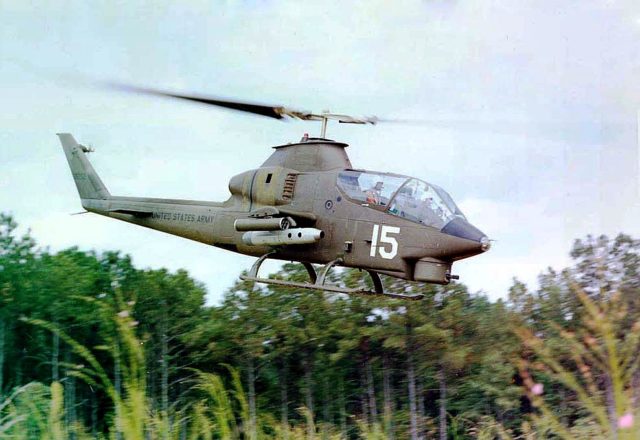
At about 2:17 AM, the NVA finally responded. The communications tower was hit by rocket fire knocking out long distance communication.
Conrad was able to contact a chopper hovering overhead. Its pilot set up a relay link to division headquarters, but that was all. Without roads, little visibility, and the other firebases hunkered down, there could be no further reinforcements.
Cobra gunships strafed the jungle, while the other bases could be heard firing their own salvos.
The 272nd NVA Regiment, with over 400 men, attacked from different positions. Most concentrated on the southwest corner – a terrible mistake as it was the strongest position.
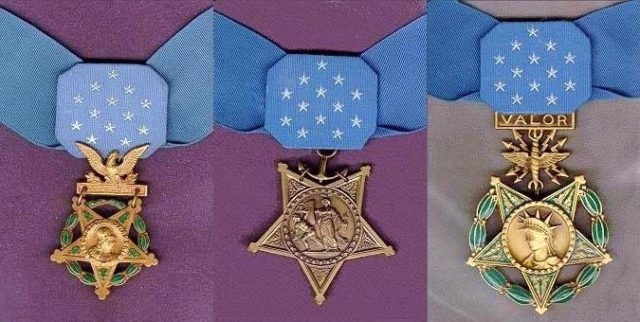
There were so many of them. Ignoring their dead, the Vietnamese breached the perimeter, entered the base, and engaged the Americans in a confusing melee of hand-to-hand combat and weapons fire.
Whether because of the adrenaline, the pot, or both, Lemon was now wide awake. He fired his machine gun till it stopped working. Ditto with his rifle. The NVA closest to him knew exactly where he was… and their weapons were working fine.
Fortunately, he still had grenades. They worked, but there was one survivor left in the NVA group, and Lemon had run out of grenades. He took the man out with his bare hands and then was hit by a massive explosion at a little past 3 AM.
It was the stash of 8-inch ammunition. The mushroom cloud blazed high, pummeling equipment, Americans, and Vietnamese alike.
Equipment, shrapnel, and body parts rained down indiscriminately. After ten minutes of confusion and screaming, sporadic shooting resumed, but the explosion had broken the assault. The NVA began retreating.
When the dust cleared a little, Lemon went to help another injured soldier and dragged him to the medical station. He ran to get more weapons, but bullets and grenade fragments tore into him.
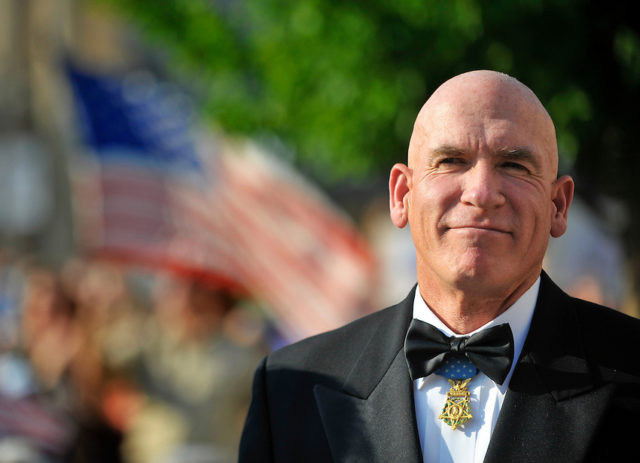
Not all the NVA were on the run. They were about to breach another section, so Lemon ignored his pain, grabbed more grenades, and kept throwing. Still more NVA came in, meaning more hand-to-hand combat until the area was secured.
His adrenalin still pumping, Lemon grabbed a machine gun, ran to an embankment, and fired at the NVA until he finally passed out. He regained consciousness in the medical station but refused treatment – others were in far worse condition.
About an hour later, the 11th Armored reached Illingworth after tearing through the jungle for hours. The medical choppers arrived just before 5 AM and took a still-protesting Lemon away with them.
He so impressed everyone that they had to give him the Medal of Honor and the Outstanding ‘American by Choice’ award.
